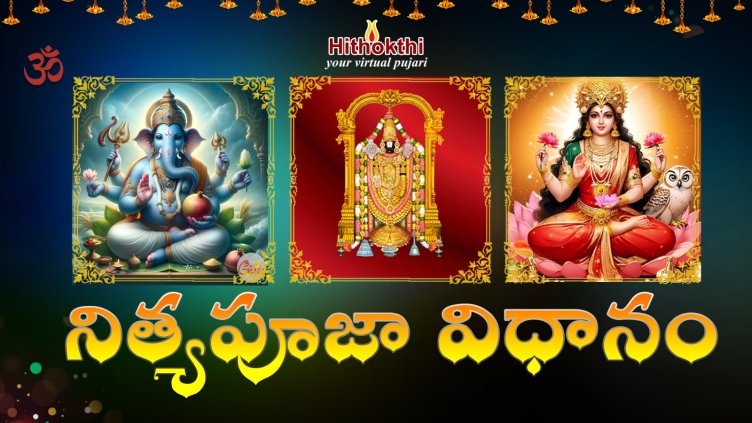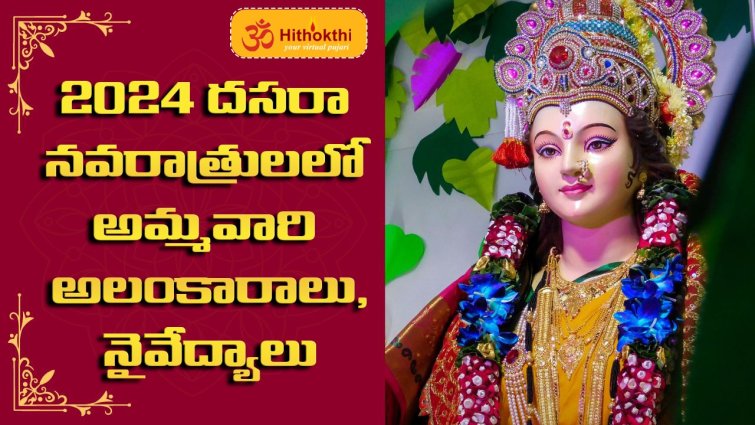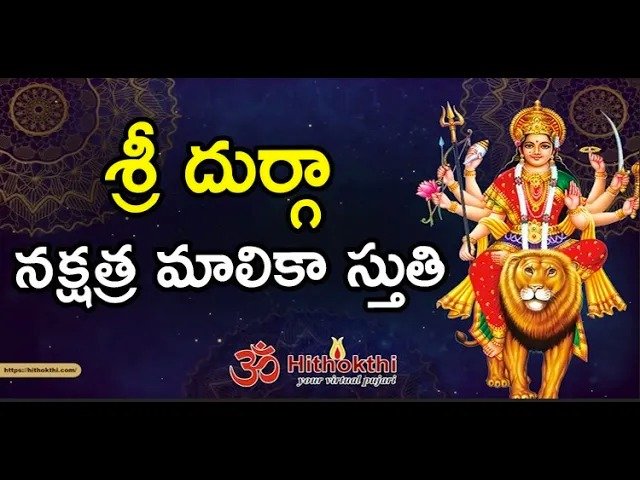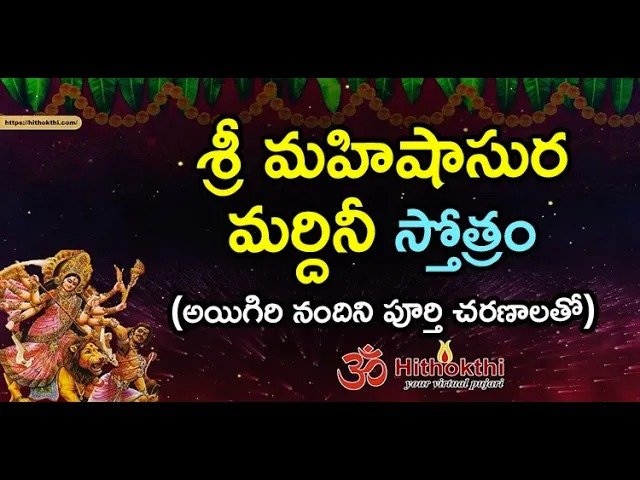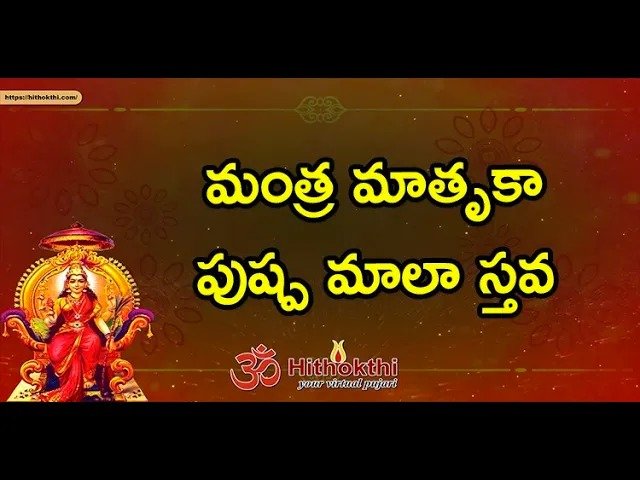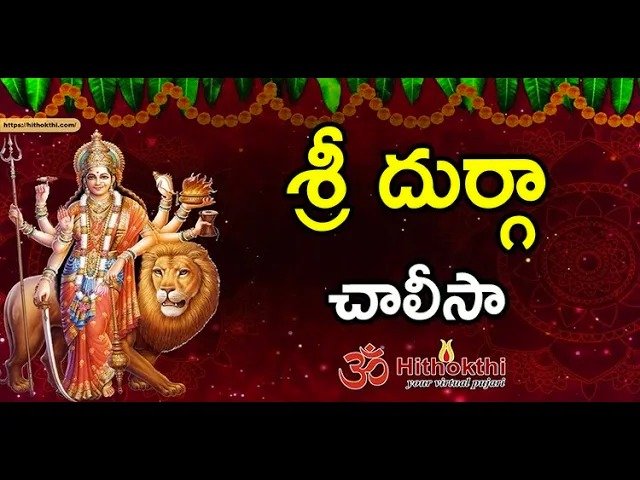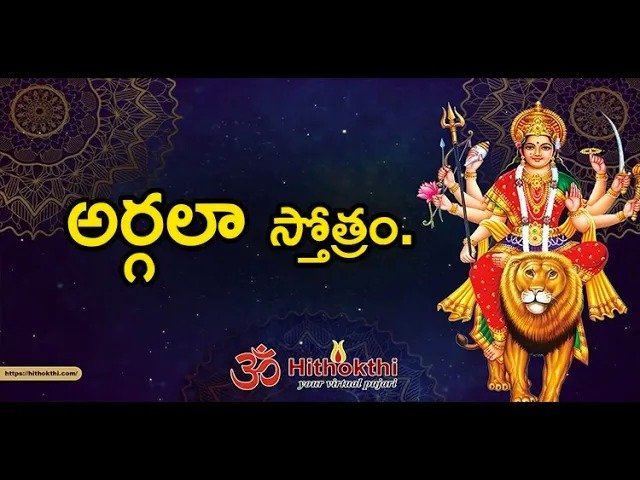Vritrasura
Chennai, September 13, 2013: During his exposition of the Bhagavata Purana, Suka finds an alert listener in Parikshit who never fails to raise doubts about various aspects of dharma. He asks Suka how a ferocious Vritrasura can praise the Lord and exhibit a rare contradictory propensity towards devotion, pointed out Sri Sankararama Dikshitar in a lecture. Suka explains that worship of the Lord can confer grace even on non-believers and relates the events leading to the birth of Vritra to explain how he gained this duality.
Indra’s insolence causes Brihaspati, the acharya of the celestial beings, to dissociate himself from them. Indra seeks out Viswarupa to act as his acharya and acquires the powerful Narayana Kavacha mantra. However, on the premise that Viswarupa had leanings towards the asuras, he kills him, provoking an enraged Twashta, Viswarupa’s father, to create a son by name Vritra with extraordinary powers to destroy Indra. Vritra was the pious king Chitraketu in his previous birth who, after losing his son, immersed himself in austerity and devotion to the Lord so much that he got elevated to become a Gandharva. Parvati’s curse makes him lose this status and he chooses to be born an asura, Vritra, as punishment and get released from his Prarabdha karma. The devotion to the Lord inherited from his previous birth is camouflaged by Rajas and Tamas, explains Suka.
Vritra’s ferocity while leading the asuras against the celestial beings frightens Indra who finds that none of his weapons is potent enough to withstand the onslaught. Vishnu advises him to shape a thunderbolt weapon from the bones of Sage Dadichi to which he will bestow His power. Fully aware that he will be overcome in the battle, Vritra does not flinch but speaks about obstructions caused by the Lord Himself to the efforts made by devotees for the attainment of heaven, prosperity and enjoyments in order to lead them to the path of devotion. From such hurdles one should infer the operation of the Lord’s grace on his all-renouncing devotees, a favour that others of little devotion can never obtain. He makes a fervent plea for an intimate relationship with Him. Rajas and Tamas indeed co-exist with devotion.
Source: The Hindu, September 13, 2013

